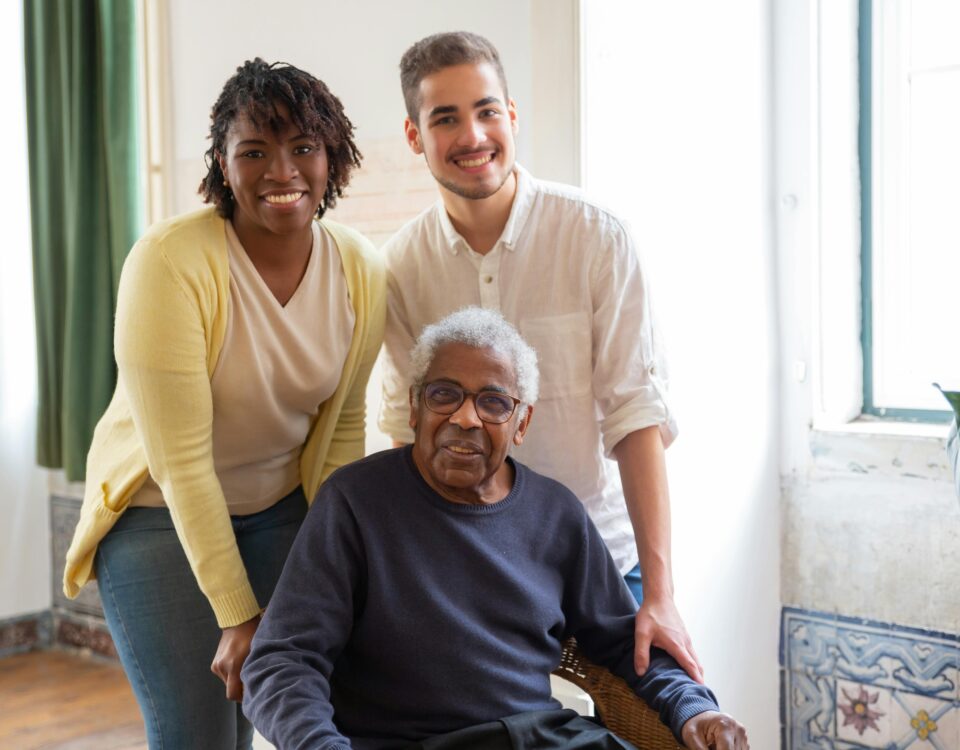Could the Red Plate Study Help Your Dad Eat Better?

Hepatitis A, B, & C: What’s the Difference?
July 23, 2018
Tips for Helping Your Senior Feel Safe at Home Alone During the Day
August 6, 2018Could the Red Plate Study Help Your Dad Eat Better?
The Red Plate Study was performed by a team of doctors in 2004. One of the issues Alzheimer’s patients experience is difficulty with contrast. Vision changes and it can become impossible to pick out similar colors when they’re put together. It can cause an elderly adult with Alzheimer’s to miss foods on the plate.

Elderly Care Hacienda Heights CA – Could the Red Plate Study Help Your Dad Eat Better?
With the Red Plate Study, researchers found that Alzheimer’s patients ate more food when it was served on a brightly colored plate. In the study, seniors were served foods on white plates and on red plates. The seniors who had meals on red plates ate about 25 percent more food than the others.
Why This Worked
One of the doctors involved in the study talked to a family caregiver whose mother had Alzheimer’s. When trying to pour milk into a white mug that sat on a white counter, the woman missed and made a mess. It was then that the family caregiver realized vision problems do impact activities of daily living.
By using a bright red plate, foods stand out. They’re easy to see. If elders can see the foods, they’re not going to miss as much food during a meal.
There’s another aspect to the use of bright red plates when offering elderly care services for your dad. Red is a color associated with excitement. Studies find the use of red excites people to be active. It can increase the pulse, which burns energy and alters the metabolism. This triggers the body to want to up the food intake. As a result, red is associated with an increased appetite.
Creating Appealing Meals When Your Dad Has Alzheimer’s
Alzheimer’s is to blame for your dad’s finicky tastes. It’s not surprising to see people with Alzheimer’s take a liking to sweeter foods. Your dad may suddenly hate onions and want sweet potatoes all the time.
There is a way to balance these changing tastes with healthy meals. Keep trying new foods and see what he likes and what he doesn’t. If there is a decade he often talks about, create meals based on popular dishes of that era. If he talks a lot about raising his kids in the 1970’s, you could make things like fresh vegetables and bread cubes with a cheese fondue.
Finger foods are often easier for someone in the latter stages of Alzheimer’s to manage. Use of a knife and fork becomes challenging. Make a Cornish pasty using a thick stew and enclosing it in a pastry shell for a hearty hand-held meal.
Elderly Care providers can help you with meals. They can cook for your dad, talk to him about what he wants to eat, and join him for the meal. Call our elderly care agency to get started.
Sources: https://www.bu.edu/cas/magazine/spring10/golomb/

